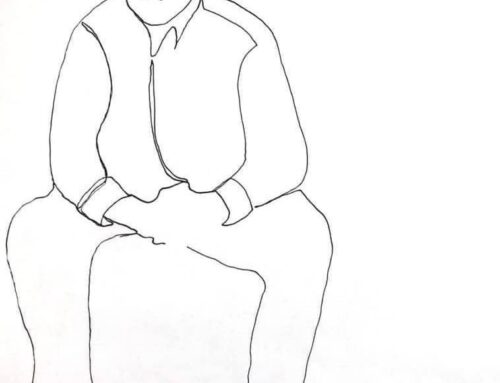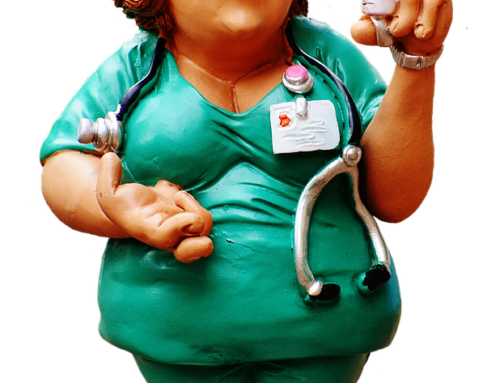Look on my affliction and my distress
and take away all my sins. (Psalm 25:18)
Over the years, I’ve given a lot of thought to the relationship between sin and sickness. The Bible clearly connects the two, but it is not always clear exactly what the relationship is.
There are times when sickness is caused by what someone does or fails to do – as when the foolish Nabal’s inhospitable demeanor leads to a heart attack (1 Samuel 25).
Other times, sickness is not caused by a person’s sin but rather is a test of righteousness, such as when Satan tests Job.
Sickness can result from
– the transmission of sin (generational sin or a genetic flaw).
– the commission of sin (rebelling against God’s commands or making unhealthy choices).
The relationship between sin and sickness can become particularly controversial when it comes to mental illness. Over the years, people have been taught that mental illness is demon possession either invited in or allowed to remain in a person’s life through some lingering sin. To counteract this stigma, many modern people abandon the connection between sin and sickness altogether.
I see my bipolar illness as the result of generational sin. This does not pin the blame either on my parents or any particular ancestor. It does, however, recognize what both the Bible says and what science has found to be true. Something is not right within me and it is not something I created. It has been passed down for generations.
Sin and sickness are related. Unless we see this in our lives, we may fail to take advantage of opportunities to experience healing. Had the paralytic man quibbled with Jesus about his sin when Jesus pronounced forgiveness, he might not have been healed (see Matthew 9). We need to both seek treatment for the “genetic component” to our illness as well as recognize our part in aggravating our symptoms (and make changes).
This is just as true for persons with bipolar as for those with physical conditions such as diabetes, heart disease, or obesity. We need to ask ourselves,
“Am I receiving the best treatment available?”
“Am I taking the prescribed meds?”
“Am I seeking spiritual help?”
If the answer to any of these is “No,” chances are we don’t really want to be healed. If, however, we can confidently answer, “Yes” to these questions, we are no doubt looking to the Lord for healing and will receive it in good time – maybe not according to our desires, but definitely according to our needs
Discover more from Delight in Disorder
Subscribe to get the latest posts sent to your email.







